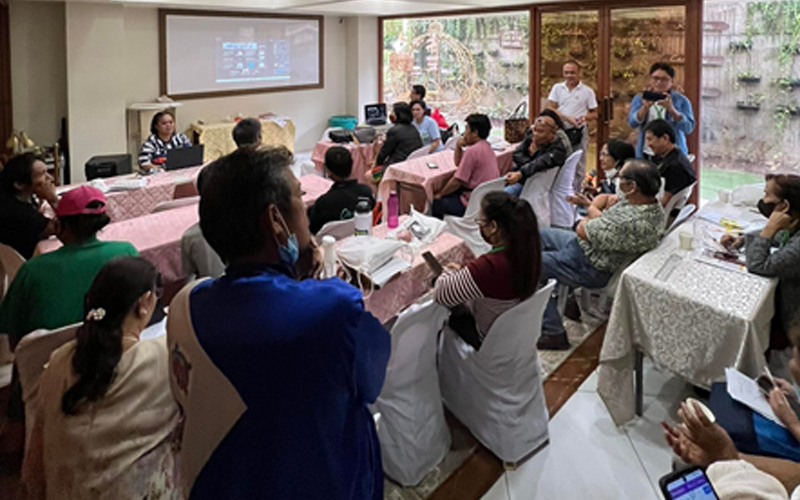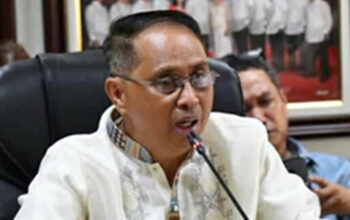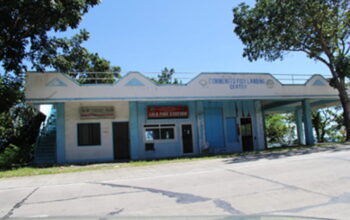
BEE keepers across the country and even abroad are on to a bottom-up approach to influence legislators on a win-win policy on the use of inorganic or chemical fertilizers.
This as the 26th BeeNetwork (BeeNet) Conference and Techno-fora which brings in renowned bee experts from across the world, happens in Bohol and hosted by Bohol Island Bee-keepers Association (BIBA).
Bees, while many people misunderstand them, are nature’s greatest pollinators; without them, there would be no fruits and no food, conference participants claim.
Gathered here to discuss the economic viability of bee-keeping to help in the farm’s pollination, and to also earn money from honey and other bee products, the techno-fora also allows Boholanos, who are relatively new to the bee-managing industry, to learn from the experiences of others into bee keeping in the different parts of the world.
As pollination is assured with bees in the farm, I have seen 56% to 86% increase in yield, confessed Epifanio Loyola, a Davaoeno from Panabo City who sits as the BeeNet Philippines Incorporated president.
Loyola, who is into coconut is in fact diversifying his farm, for other added farm produce.
However, like the most of the bee keepers in their farms, their problems start as soon as neighboring farms start to apply insecticides, pesticides, and herbicides.
“Bee populations are drastically reduced, as soon as these farmers bring out the chemicals,” bee keepers from across the country shared.
While bees have natural predators like the pirik-pirik or the Visayan bee eaters, much of the bee population is severely decimated by farmers applying inorganic chemicals, and ironically to improve their harvest.
“And while, in their own right, bee keepers and managers have also the right also to enjoy their improved harvests by very efficient pollination from bees and insects, something must be done to find a solution to the problem,” beenet participants agree.
UP professor Dr. Analinda Fajardo, who has been into bee cultures and legislative advocacy was short of stating her frustration when Bohol Professor Joe Travero asked about the issue on spraying chemicals.
But, having worked with the people up, Fajardo hinted that perhaps, what is needed is a critical mass from the bottom; the grassroots to form pressure groups to get the issue up for legislation again.
Dr Fajardo, who is also the BeeNet Secretary said asking inorganic input users to spray at specific times of day could help.
“If farmers spray in the early afternoon, and if we could divert our bees somewhere to find nectar else than the farm sprayed upon, then we could keep the insect deaths to manageable numbers,” she said.
She shared how her father, also a bee grower, plants extensive marigold in front of the bee colony and in many areas in the bee farm, so that the bees need not go far to find nectar, and possibly into the sprayed field where the chemicals can poison them.



